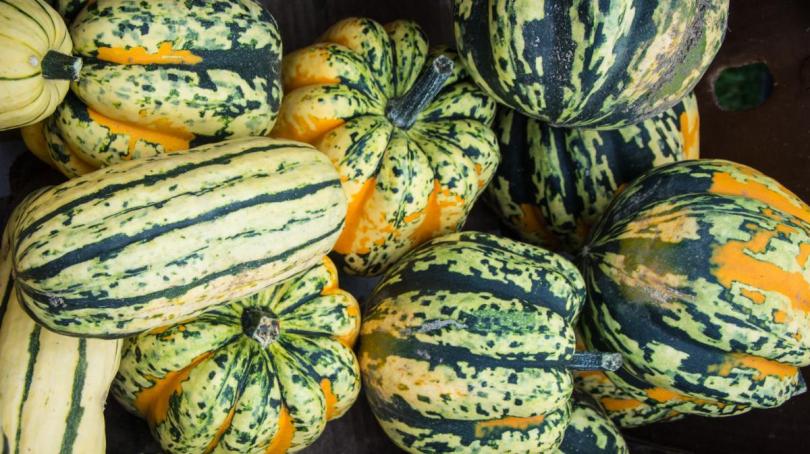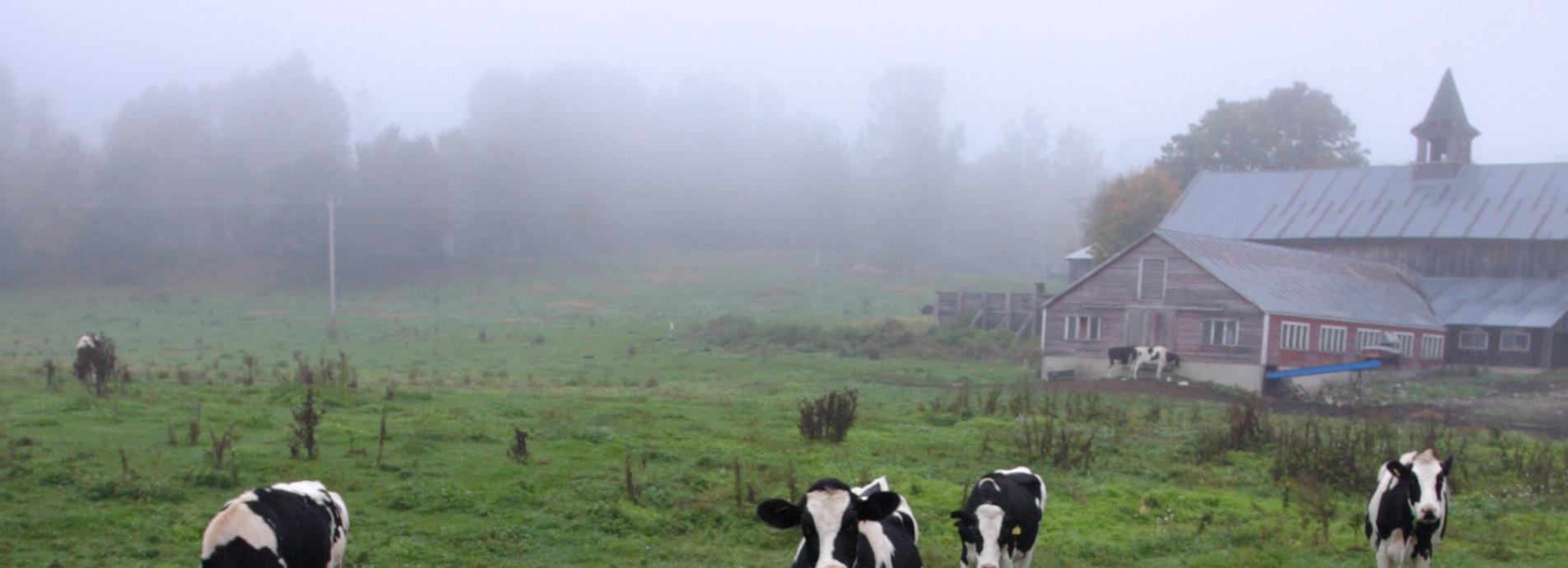If you are gathering this week to eat a harvest meal and share gratitude, we hope you’ll join us in reflecting on both the significance of a delicious meal grown and shared in community and the painful history and lived reality of Thanksgiving as a U.S. holiday.
The forceful removal of Native American communities from bountiful landscapes full of pre-colonial food sources by the U.S. government created and continues to create a disconnect between people and place. These disparities can be seen through widespread trauma, the subjugation of Indigenous communities, and a relationship of extraction between people and their ecosystems.
Today, there are many organizations working to promote Indigenous food sovereignty, chefs preserving and amplifying Native American cuisine, and Indigenous activists fighting for food and environmental justice. This Thanksgiving, we encourage you to join us in reflecting on what it looks like to support Indigenous food sovereignty efforts. We have a compilation of resources and information below.
This holiday also resembles a pre-colonial, cross-cultural tradition of expressing gratitude at the end of the autumn harvest season. In that spirit, our hearts are full of gratitude to share. We are thankful for everyone in our community who works in their own way to create an agricultural system that is economically viable, ecologically sound, and socially just. Whether it’s a bountiful Thanksgiving plate or a quick snack, we’re grateful to the farmers and farmworkers who keep us all fed. Thank you also to our Abenaki collaborators and colleagues who offered opportunities for learning and connection at last week’s celebration of Agricultural Literacy Week. We hosted two events on the theme of Land Connections: a storytelling event “We are the Land,” in which father and son Nulhegan storytellers Joseph and Jesse Bruchac presented a bilingual program of Native stories and songs from Abenaki traditions, and a panel of growers from the Abenaki Land Link Project, hosted by Chief Don Stevens to discuss the experience of participating in the project.

Information and Resources
- Indigenous Food Systems Network
- North American Traditional Indigenous Food Systems
- Native American Food Sovereignty Alliance
- Abenaki Land Link Project
- Vermont Abenaki Artist Association
- Support Native Producers through Native Harvest & Producers Highlighted Here

